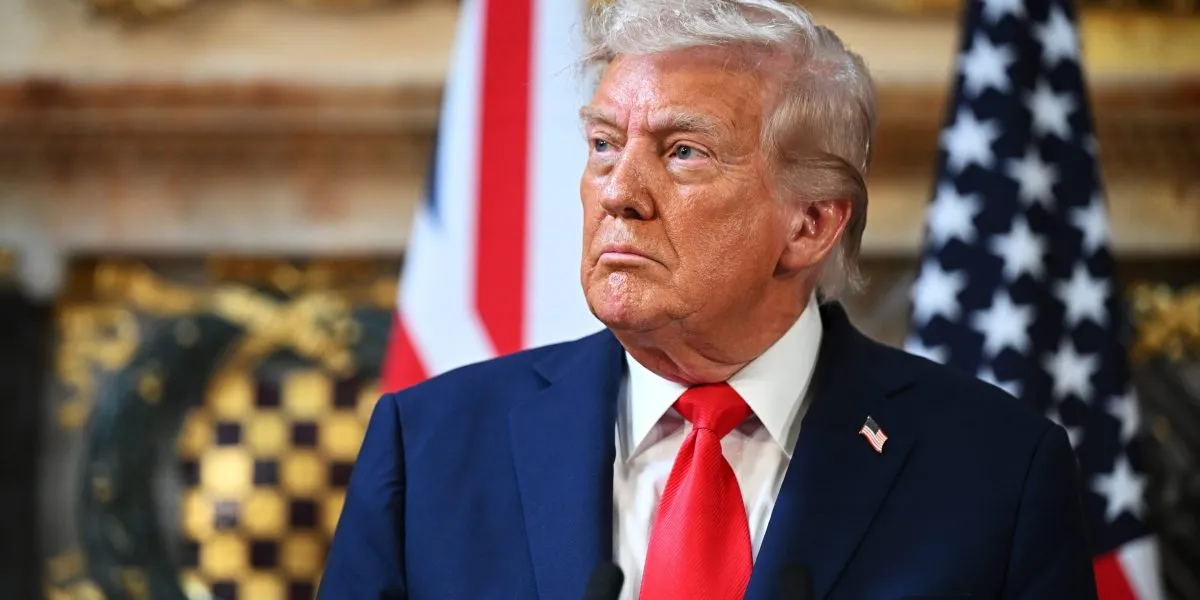
The recent acquisition of U.S. Steel by Nippon Steel, valued at $14.1 billion, has sparked significant attention, particularly due to the inclusion of a golden share. This unique arrangement essentially grants the White House veto power over specific corporate actions. In June, this power was exercised to prevent a planned shutdown of the Granite City plant in Illinois, according to a report by The Wall Street Journal.
Just two weeks prior to the intervention, U.S. Steel had informed its Granite City workforce of approximately 800 employees that operations would be ceasing in November. Despite planning to compensate the workers during the shutdown, Commerce Secretary Howard Lutnick intervened after learning of the closure plans. He communicated directly with U.S. Steel's Chief Executive, Dave Burritt, emphasizing that he would not permit the operations to halt. Lutnick indicated that President Trump would invoke his golden share authority to block the shutdown.
Lutnick criticized U.S. Steel's strategy of compensating workers while halting production, labeling it as “nonsense” in a recent CNBC interview. Following this pressure, U.S. Steel quickly reversed its decision, stating, “Our goal was to maintain flexibility, and we are pleased to have found a solution to continue to slab consumption at Granite City.” The swift change in the company's stance highlights the significant influence of governmental oversight in corporate decisions.
Union leaders have voiced strong opposition to Nippon Steel’s acquisition, raising alarms that the company might close domestic facilities and opt to import foreign-made steel instead. However, Trump's intervention appears to have temporarily alleviated these concerns, showcasing the government's proactive role in protecting local jobs and the economy.
The acquisition is also governed by a national security agreement, which grants Trump extensive authority over various operational changes, including factory closures, relocations, and modifications to salaries. This marks a significant shift in the government's control over private sector decisions, indicating a broader trend of regulatory intervention in corporate America.
Beyond the steel industry, similar interventions have been observed with companies like Nvidia and AMD, which agreed to pay the administration 15% of their sales from chips sold to China. Moreover, Trump's $8.9 billion stock deal with Intel positioned the federal government as the chipmaker's largest shareholder. Such agreements further underscore the growing trend of government involvement in private industry.
While the concept of a golden share is not entirely new, having been utilized in countries like the U.K., Brazil, and China to maintain influence in privatized sectors, the U.S. application is notable for its extensive scope. Traditionally, the Committee on Foreign Investment in the United States has imposed security conditions on mergers, but Trump's agreement takes it a step further by granting presidential oversight over a wide array of operational decisions.
The intervention in Granite City serves as a temporary reprieve for employees and the local economy. Craig McKey, president of United Steelworkers Local 1899, emphasized the need for a sustainable future, stating, “Whatever they give us, we’re willing to do the work.”
As the landscape of corporate governance evolves, analysts warn that investors may need to consider political risk more seriously, from regulatory interventions to executive overrides. The implications of such government involvement in business decisions could reshape the relationship between corporations and the government in the coming years.